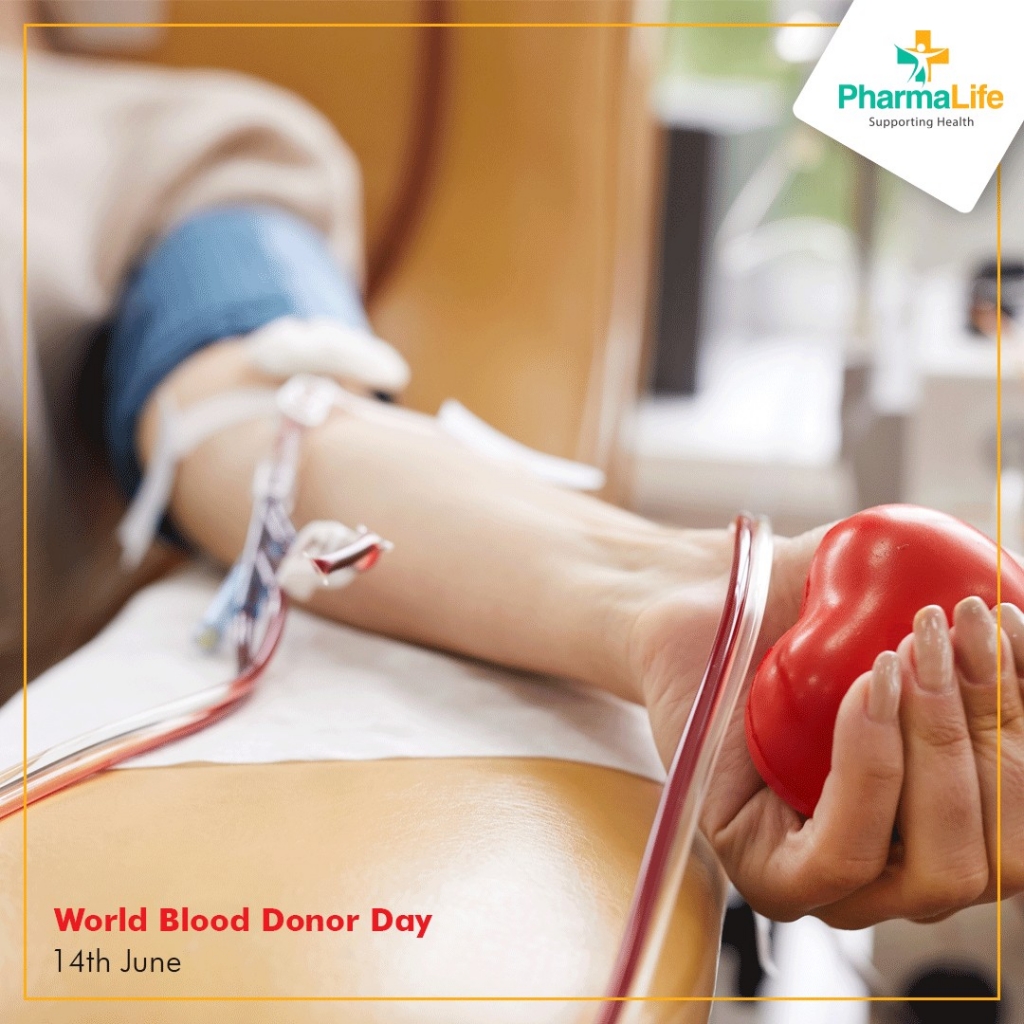

World Blood Donor Day: 14 June
Blood Donation in Nepal
Every day, millions of people rely on donated blood to stay in sound health, or in many cases, to just stay alive. Each year, thousands of people in Nepal receive life-saving blood transfusions.
Blood carries out some of the most crucial functions of our body. It delivers oxygen, nutrients, hormones, and enzymes throughout the body. Further, transporting carbon dioxide and other metabolic wastes away from the cells is also performed by blood. There are numerous other tasks performed by blood, including maintaining our immune responses, helping fight infections, and more. Having said this, anybody can guess, we cannot live without blood.
Whenever a person’s blood level falls below normal, the body cannot function well. This usually occurs after an accident, trauma, or any other underlying disease condition. The vital organs of the body are gradually impaired leading to serious outcomes. Donating blood can help save these people.
We at Pharmalife, come across dozens of blood donors daily. Our partners, from various pharmacies across Kathmandu, are also regular blood donors. We visit blood centres on a regular basis, all the while inspiring our readers to do so. The joy of saving human lives is just beautiful, and we share this joy at our workplace. We firmly believe medicine should be accessible anytime and anywhere. Meanwhile, blood should be equally accessible for those in need.
With World Blood Donor Day celebrated every year on 14th June, just around the corner, we are here to help you know all about Blood Donation.
Blood donation is a fairly easy and safe procedure. Rather, donating blood benefits the donors too, on top of benefitting the recipients. There are two types of blood donation, each one serving a medical purpose.
- Whole Blood Donation: This is the commonest type of blood donation. The donor donates about a pint (about half a litre) of whole blood. The whole blood is later separated into its components, i.e. red blood cells, plasma, and platelets.
- Apheresis: Apheresis is when a donor is hooked to an apparatus, that can separate one particular component of blood, and return the remainder to the donor. This method is preferably used for plasma donation and platelet donation. Among all the contents of blood, the red blood cells mature slowest. And thus, through apheresis, plasma donation and platelet donation can be done on a regular basis.
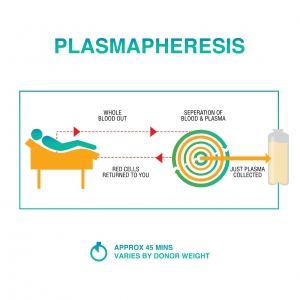

In light of the Covid pandemic, relatively more people are aware of plasma donation. Plasma is the liquid part of our blood which constitutes about 55% of blood. Plasma, although is made up of 90% water, it also has salts, enzymes, and most importantly antibodies. These antibodies in plasma, when transfused, will help fight infectious diseases.
Moreover, plasma donation is also equally useful during organ transplantation, cancer therapy, and haemophilia. Many patients infected with Covid, gasping for breath in ventilators and life supports, were saved owing to plasma transfusion. Covid-19 antibodies from the donor help form antibodies in the recipient’s body too, according to various studies.
In light of the Covid pandemic, relatively more people are aware of plasma donation. Plasma is the liquid part of our blood which constitutes about 55% of blood. Plasma, although is made up of 90% water, it also has salts, enzymes, and most importantly antibodies. These antibodies in plasma, when transfused, will help fight infectious diseases.
Moreover, plasma donation is also equally useful during organ transplantation, cancer therapy, and haemophilia. Many patients infected with Covid, gasping for breath in ventilators and life supports, were saved owing to plasma transfusion. Covid-19 antibodies from the donor help form antibodies in the recipient’s body too, according to various studies.
Subsequently, the World Health Organization (WHO) had also urged people who recovered from Covid to help others by donating plasma. Data from The Nepal Red Cross Society also suggests a substantial rise in plasma donations since last year. Plasma donation through apheresis and whole blood donation, both phenomenon are equally vital, equally life-saving. Plasma donation too, like Blood donation can be done in the blood banks near to you.
Donating blood is not only of benefit to the recipient but equally instrumental for the donor. The advantages for blood donors are numerous. Blood donation, first of all, helps your mental health. Helping others by donating blood will reduce stress, ensure emotional well-being on top of other physical benefits including:
- Boosts liver and heart health
- Lower risks of cancer
- Help lose weight and reduce obesity
- Enhance pancreas and gallbladder function
- Not to forget, the joy of saving a life
With such wide varieties of benefits from blood donation, all of us should actively donate blood. However, many people are often concerned about the safety of blood donation. Donating blood is a completely safe procedure. New disposable equipment is used for every donor, mitigating the risk of contracting any bloodborne infection.
Within almost 24 hours of donating blood, our body begins replacing the lost fluid. The lost red cells are replaced within a few weeks, and you are ready to donate again, saving yet another life.
Want to Donate? See if you are eligible
However, it is crucial to check if you are eligible to donate, before heading over to donating blood. Both the donor and the blood bank should be cautious about the necessary criteria. To meet the basic requirements for donating blood, you must be in good health and
- You must be 18-60 years old
- Weigh at least 45 kg
- Must be in sound health
- Must have a normal pulse and blood pressure
- Not have donated blood in the last two months
Further, the donor should be free from any sort of infectious disease, skin-related disease, acute respiratory disease. If you are planning to donate blood, it is important to eat an iron-rich diet, plenty of water, and get a good sleep a couple of days prior.
There will also be a health screening done to see if you are okay to donate blood. Apart from checking your vitals, your blood is also tested for several diseases like Hepatitis, HIV, Syphilis, and more.
Every day, thousands of people require blood all around Nepal. Voluntarily donating blood will ensure the people in need of blood get it from the nearest blood banks. These blood banks are also referred to as blood centres. A great many organisations organise blood donation campaigns regularly. The Nepal Red Cross Society probably is the largest organisation both conducting these campaigns and managing blood through their blood banks.
The Nepal government too runs seven district level blood banks, and over a hundred blood centres all over the nation. If you are wondering where the possible donation centres are near me, you can access the National Portal of the Nepal Government, and access these blood centres.
The NRCS organises regular donating camps in Kathmandu, and also all-around Nepal. You could visit one of these locations. The central blood bank of NRCS is located in Soalteemode, and it offers emergency services 24/7.
You can access all the information of blood banks, location, contact details, and respective focal person through NRCS’s official website (https://nrcs.org/donate-blood/). Any organisation wanting to help the Red Cross Society can also collaborate quite conveniently through the website. The website has an impressive feature of ‘Blood Donations Near Me’. The feature helps those wanting to donate blood find donation centres easily.
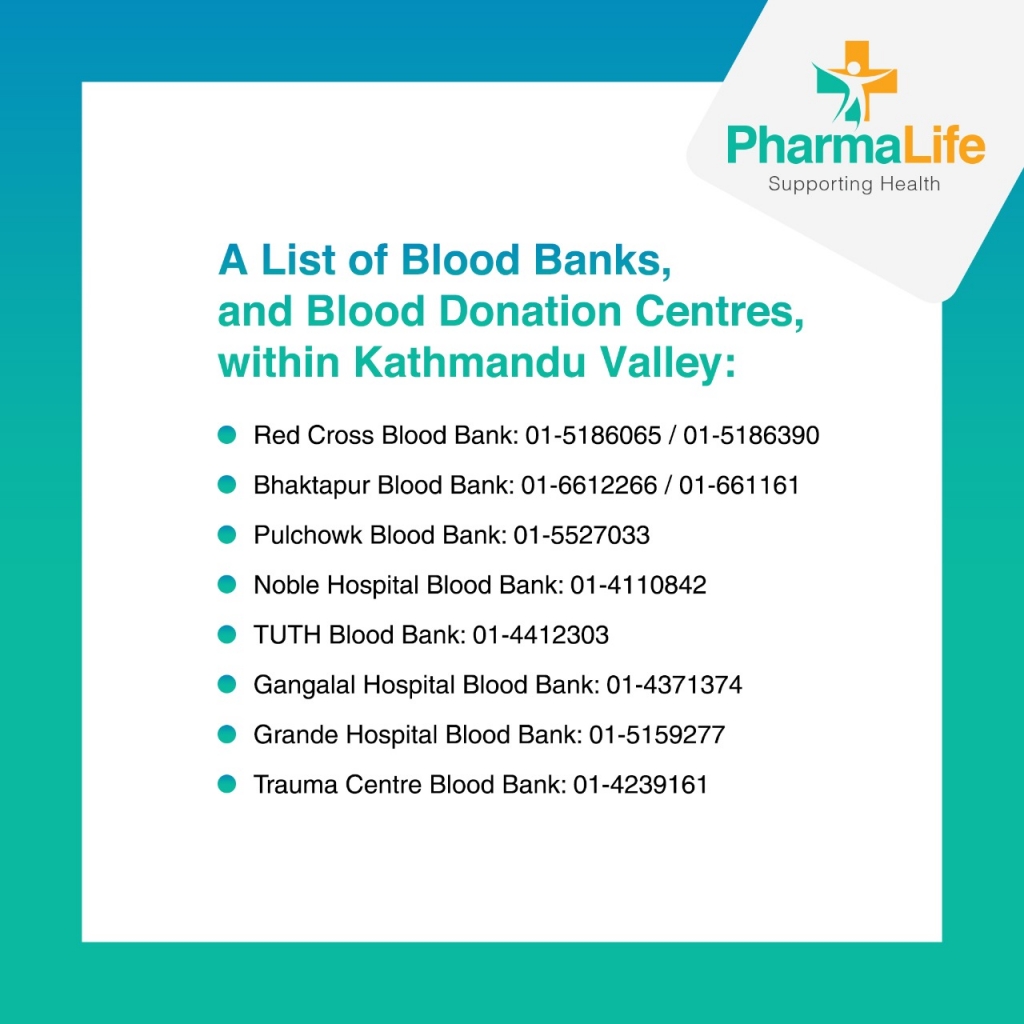

The Red Cross Society also has developed the blood donor app. You can download the app from the Playstore or the Appstore. The app helps you find local blood donation campaigns, make appointments, track your donations, and is packed with many other features. The app also has a feature ‘Blood Donation Near Me’, where you can browse details on blood donation centres nearest to you.
Apart from the Nepal Red Cross Society, there are many other hospital-run blood centres you could contact to both donate and receive blood. Here is a list of blood banks, and blood donation centres, within Kathmandu:
Whenever in need of blood, people would panic and not know what to do exactly. The wise thing to do in such situations would be to ring any of these blood banks or blood centres, preferably the one nearest to you. And let them know which blood group you are looking for. Blood banks and hospitals are responsive and would help you as soon as possible. Keeping your patience, and making wise decisions is the key here.
Every Second, someone in the world needs blood. In Nepal, hundreds of cases of accidents, trauma, complications of surgeries, severe anaemia require blood transfusion support. You hold the power to help bring smiles to all these people. Donate blood. Be a Hero!
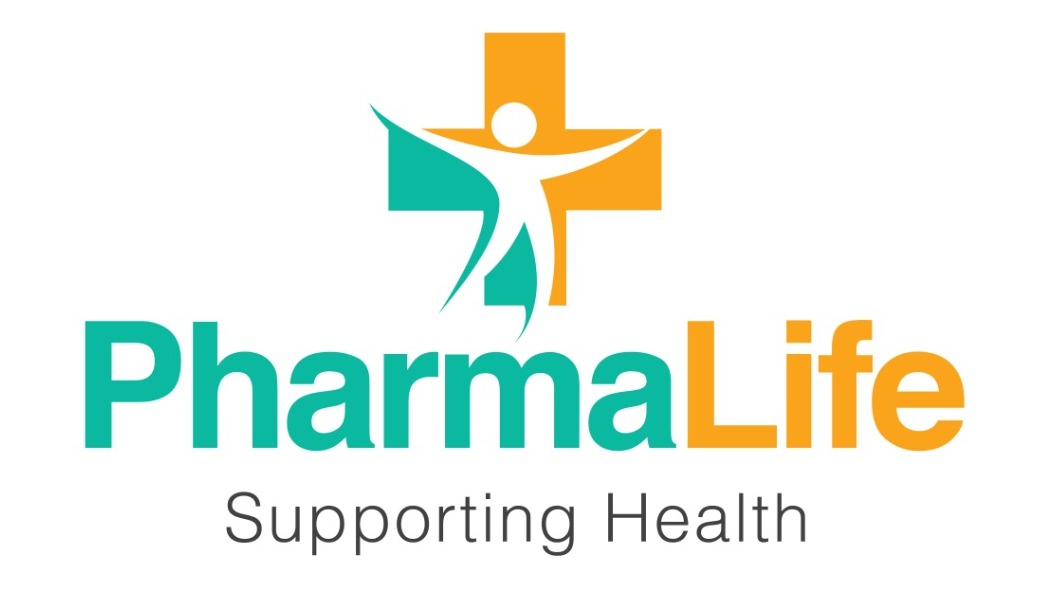
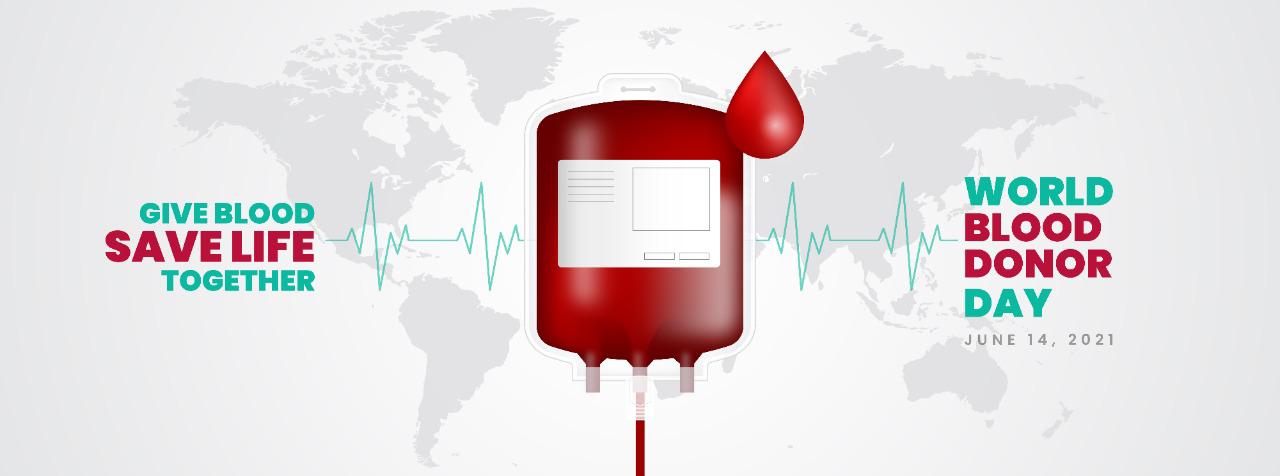
There are no comments